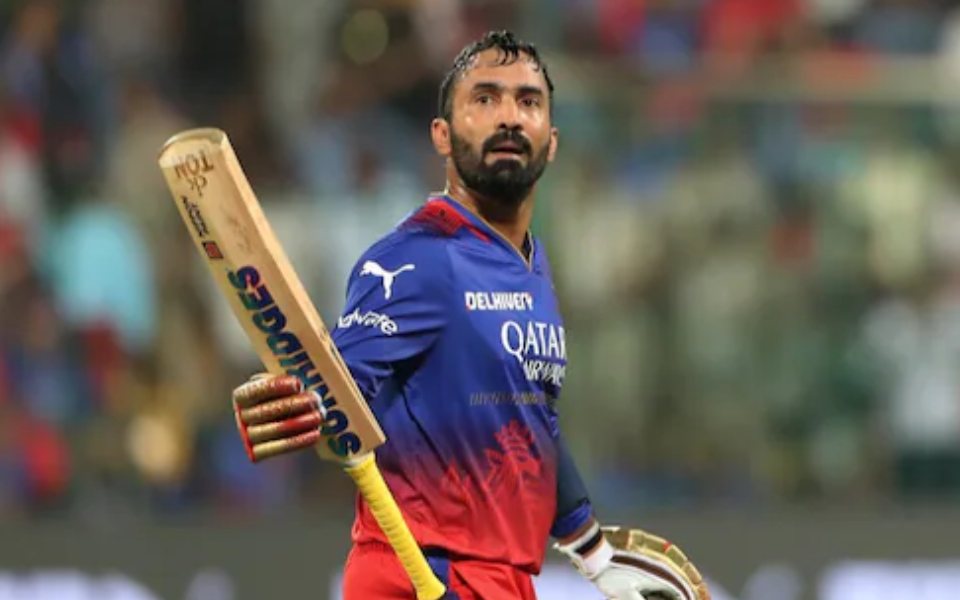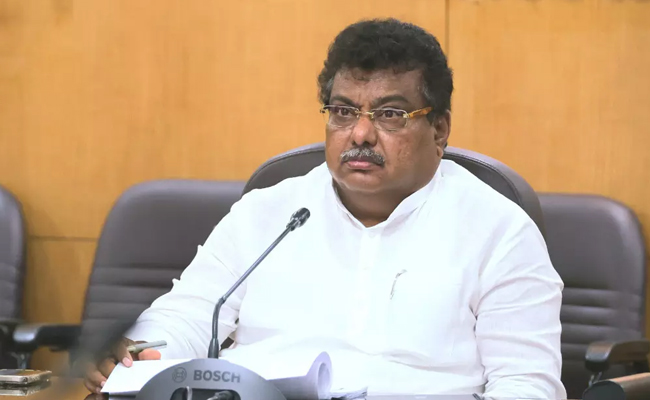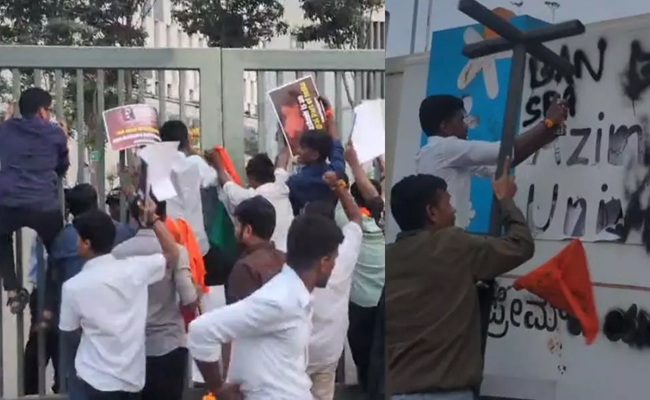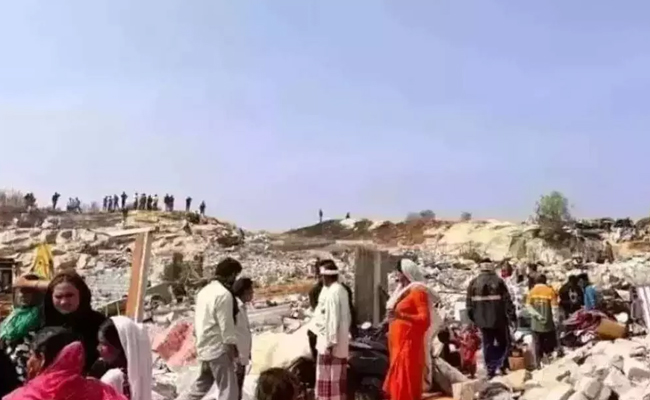Kolkata, Apr 20: Veteran wicketkeeper-batter Dinesh Karthik, who has been in phenomenal form in this IPL, has not given up on his dream to play for India again and would do "everything he can to be in that flight" to the T20 World Cup in the USA and West Indies next month.
Karthik, who will turn 39 by the time the World Cup kickstarts on June 1, was also part of the last edition of the T20I World Cup in Australia in 2022, which was also his last appearance for Team India.
Since then he has become an off-the-field cricket expert, involved in commentary stints.
Returning to IPL this season, he has taken his batting to a new level and displayed some astonishing power-hitting to strike at a rate of 205-plus.
He is also the third leading run-getter for RCB with 226 runs, behind Virat Kohli (361) and skipper Faf du Plessis (232).
"At this stage in my life, it would be the greatest feeling for me to represent India. I'm very, very keen to do so. There is nothing bigger in my life other than representing India in this T20 World Cup," the RCB wicketkeeper-batters said ahead of clash against KKR .
With Karthik's also emerging as a contender, the wicketkeeper slot will be a hotly-contested one for which the Team India think tank may pick two at the most.
Making a comeback from a near-fatal accident, Rishabh Pant has also showed positive intent while captaining Delhi Capitals, and Sanju Samson (Rajasthan Royals), Ishan Kishan (Mumbai Indians), KL Rahul (Lucknow Super Giants) are also in the fray.
Karthik said he would respect whatever the Big Three -- coach Rahul Dravid, captain Rohit Sharma and chairman of selectors Ajit Agarkar -- decide.
"I also feel there are three very, very stable, honest people who are at the helm to decide what should be the best Indian team for the World Cup -- Rahul Dravid, Rohit Sharma and Ajit Agarkar.
"And I'm completely with them. I respect any decision that they take. But all I can say is I'm 100 per cent ready, and I'll do everything I can to be on that flight to the World Cup."
'I'm no Russell or Pollard'
Karthik further emphasised the importance of understanding his strengths as a player, focusing on precision rather than power-hitting like an Andre Russell or Kieron Pollard.
He said he analyses bowlers' patterns to strategise his shots, visualising scenarios during practice to enhance his batting repertoire.
"These days as a player, you need to understand your strengths. I'm not a Russell or a Pollard who can just mishit a ball and get a six for it, rather," said Karthik.
The other day Karthik smashed seven sixes and five fours in his 35-ball 83 in pursuit of a record 288 but eventually RCB fell short by just 25 runs.
"So, I need to understand how I can beat gaps, what sort of balls I can hit for boundaries. And I realised there was a certain pattern in which bowlers were bowling to me, so I needed to try and work out a solution for that.
"Hence, when I practice, I try and understand, okay, if this is what they're going to bowl at me, how am I going to get a boundary, visualising a field that is going to be in place for me.
"So, I worked like that, and I worked backwards, and that helped me, you know, really learn a couple of shots more, at the back end. It's been great to go out there and express myself, and it's been thoroughly enjoyable to do what I'm doing for RCB as a finisher," he added.
Let the Truth be known. If you read VB and like VB, please be a VB Supporter and Help us deliver the Truth to one and all.
Bengaluru (PTI): Karnataka Minister M B Patil on Tuesday chaired meetings with industry representatives from the aerospace and defence, machine tools, auto/EV, and green energy sectors to discuss sector growth and government support measures.
The meetings were attended by leading industrialists and their representatives, with some participating virtually.
Speaking on the occasion, the minister for Large and Medium Industries said Karnataka is at the forefront of the country’s aerospace and defence sectors.
He noted that Suzuki and Toyota plan to launch aerial taxi services in Japan by 2028, with Bengaluru-based Sasmos supplying electrical equipment for the project.
Industrialists suggested introducing similar “fly-taxi” services in Karnataka through an appropriate policy, which Patil said would be examined seriously.
The minister highlighted the need to establish testing centres and Common Facility Centres for the aerospace and defence industries and assured that these facilities would be provided.
Suggestions were also made to prepare a comprehensive roadmap for sector growth.
Karnataka has urged the Central Government to approve Defence Corridor projects in the Bengaluru North–Kolar–Chikkaballapur and Dharawada–Vijayapura–Belagavi regions.
Industrialists also suggested a corridor between Bengaluru and Mysuru, Patil said.
He said Karnataka aims to become a hub for defence electronics manufacturing, with plans to establish a 200-acre Defence Electronics Park and a 100-acre Avionics and Sensor Park.
These projects will be implemented once the Special Investment Region is operational, and land availability will not be an issue.
On the machine tools sector, Patil said the industry has recorded an annual turnover of Rs 36,500 crore and is witnessing steady growth.
Large-scale exhibitions have increased demand, and the state must strengthen its capabilities to develop control systems for heavy machinery. One testing unit is already operational in Bengaluru, with another planned for Tumakuru. Expansion of vocational training institutes in industrial areas is also underway.
In the Auto and EV sector, Vision Group members highlighted the need for a network of dry ports and more EV charging stations across the state.
Patil noted that the Tata Group is manufacturing EV buses in Dharawada for nationwide supply. Plans for mini excavator production and export facilitation were also discussed, along with the establishment of a testing facility for two-wheeler EVs.
For the Green Energy sector, the group emphasised the need for a suitable policy on battery-based energy storage and the establishment of data centres.
Patil assured that the government will seriously consider all suggestions and respond positively.





_vb_21.jpeg)